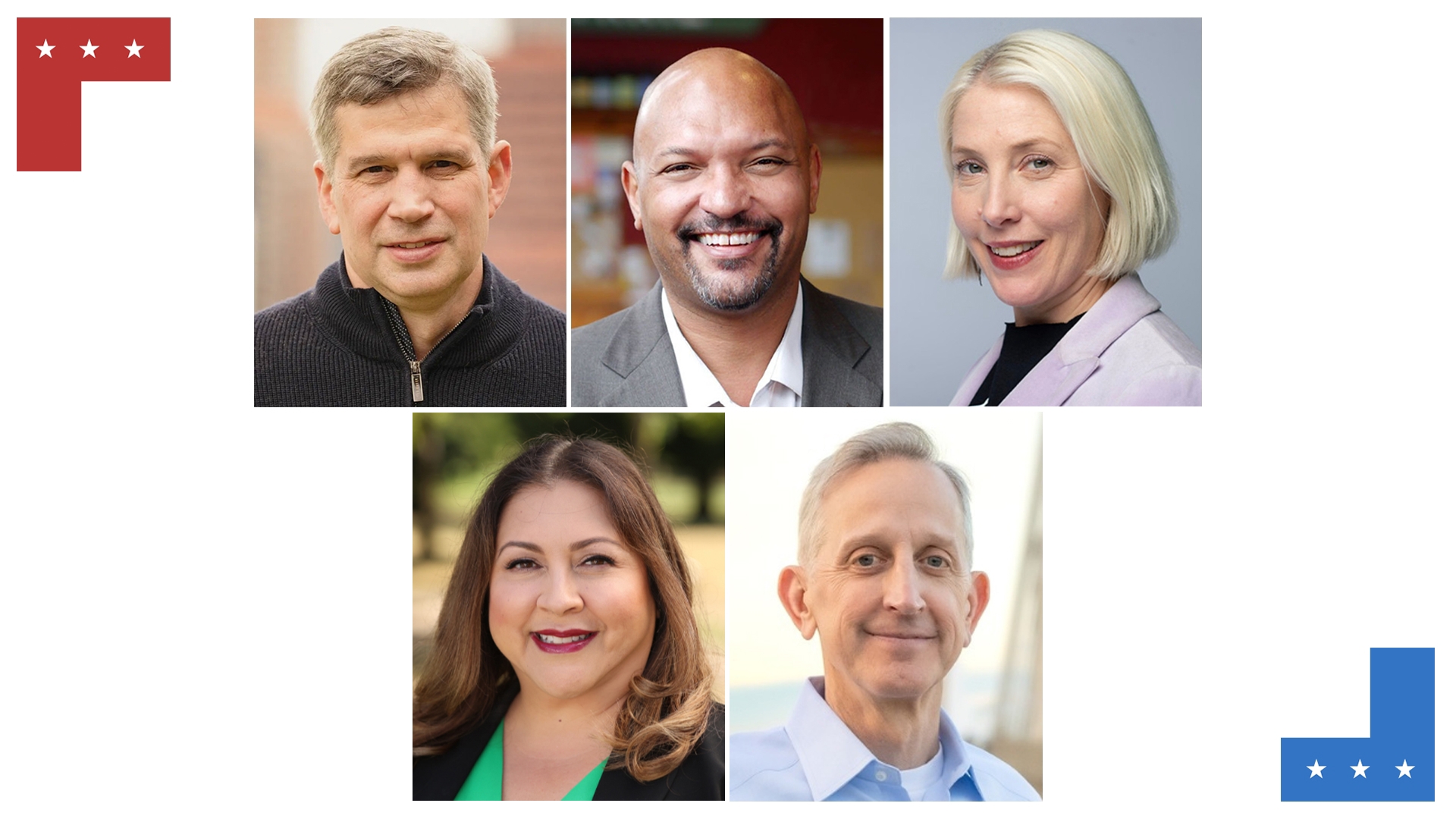PORTLAND, Ore. — Keith Wilson has taken the lead in the first round of results in the race for Portland mayor, emerging with 63% of the vote at the end of the ranked-choice tabulation process. The initial results are not final; ballots are still being counted and the result could change in the coming days as more ballots are added to the tally.
Elections officials have said voters can expect an update once per day by 6 p.m. for the next few days. Ballots in Oregon can still be counted if they arrive up to a week after Election Day as long as they are postmarked on or before Election Day.
The results aren't final, but Wilson's commanding lead at the end of the preliminary tabulation process puts him in a strong position to win the race. The trucking company CEO pledged to end unsheltered homelessness in his first year on the job, and said he believes Portland is ready for big change.
"If I win, it is time for us to get to work. Well, we'll sleep for a week and then we're going to start putting our plan together and January 2nd, inauguration day, it's about getting the work done," he said to a group of his supporters who gathered in Northeast Portland Tuesday evening.
City commissioners and mayoral candidates Carmen Rubio and Rene Gonzalez also spoke to their supporters Tuesday evening, pointing out that ballots are still being counted and the ranked-choice nature of the race means a definitive winner could still be a ways away.
"My message for the community, win or lose, would be: your voices matter. And even though you might not feel like it all the time, that you need leaders and you deserve leaders who will listen," Rubio said.
Gonzalez urged his supporters to stay engaged in the process as votes continue to be counted and the ranked choice tabulation plays out.
"There's not much any of us can do about it now; it's now in destiny's hands," he said. "And so we get ready for whatever's next, and we wait until all the votes are in."
How to read the results
The mayoral race is being decided through ranked-choice voting. There are 19 candidates for mayor, and in past years the city would've narrowed that field down with a primary election in May. If no candidate got a majority in the primary, then the November election would be a runoff between the top two finishers.
Ranked-choice voting eliminates the need for a primary, so all 19 candidates appeared directly on the November ballot. Instead of choosing just one, voters were asked to rank their top six candidates in order of preference. The results begin with a tally of all the first-choice votes to see if one candidate is the first-choice pick of more than 50% of voters.
If no candidate reaches that threshold, the candidate with the fewest votes is eliminated and their votes are transferred to whoever each of their voters ranked next-highest. This process, referred to as tabulation, repeats until one candidate reaches the threshold to win — 50% plus one vote. The entire process can be done instantaneously by computers.
The results above only show the end result of that process, listing the vote totals for the two leading mayoral candidates after all others have been eliminated and their votes transferred — which is why the vote totals for all the other candidates are listed as zero.
The first 16 rounds of tabulation eliminated all candidates except Wilson, Carmen Rubio, Rene Gonzalez, Mingus Mapps and Liv Osthus, who have widely been considered to be the frontrunners. Subsequent rounds eliminated Osthus, then Mapps, and finally Gonzalez, leaving Wilson with 63% to Rubio's 37%.
To see full process step-by-step, head to Multnomah County's elections page.
The county will restart tabulation from scratch after each new batch of ballots is added to the results. So, candidates eliminated during tabulation on election night aren't out of the race yet — they'll be back when the tabulation process restarts after Wednesday's update.
And if a candidate emerges from tabulation with more than 50% of the vote on election night, that doesn't mean they've won yet either — they're in the lead, but that lead could still change as more ballots are counted.
Portland's next mayor
The new mayor will be the first to take the helm of a very different form of government when they're sworn in two months from now. It's the culmination of a complete overhaul of the city's government structure that began after voters approved the change in 2022.
Portland's old system puts administrative power in the hands of the mayor and four city commissioners, each of whom directly control a set of city bureaus. The five also meet collectively as the city council to set policy. The mayor decides how the bureaus are divvied up and has a couple other unique roles including serving as police commissioner.
The new system splits up the city's administrative and policy-setting functions and weakens the power of the mayor. The city council will be expanded to 12 members, and the mayor will no longer have a vote in the council except as a tiebreaker. The mayor also won't have veto power.
The councilors will focus solely on setting policy, with the city's bureaus (reorganized into "service areas") all run by an appointed professional city administrator who reports to the mayor. A few high-ranking officials will still report directly to the mayor rather than the city administrator, most notably the chief of police.

